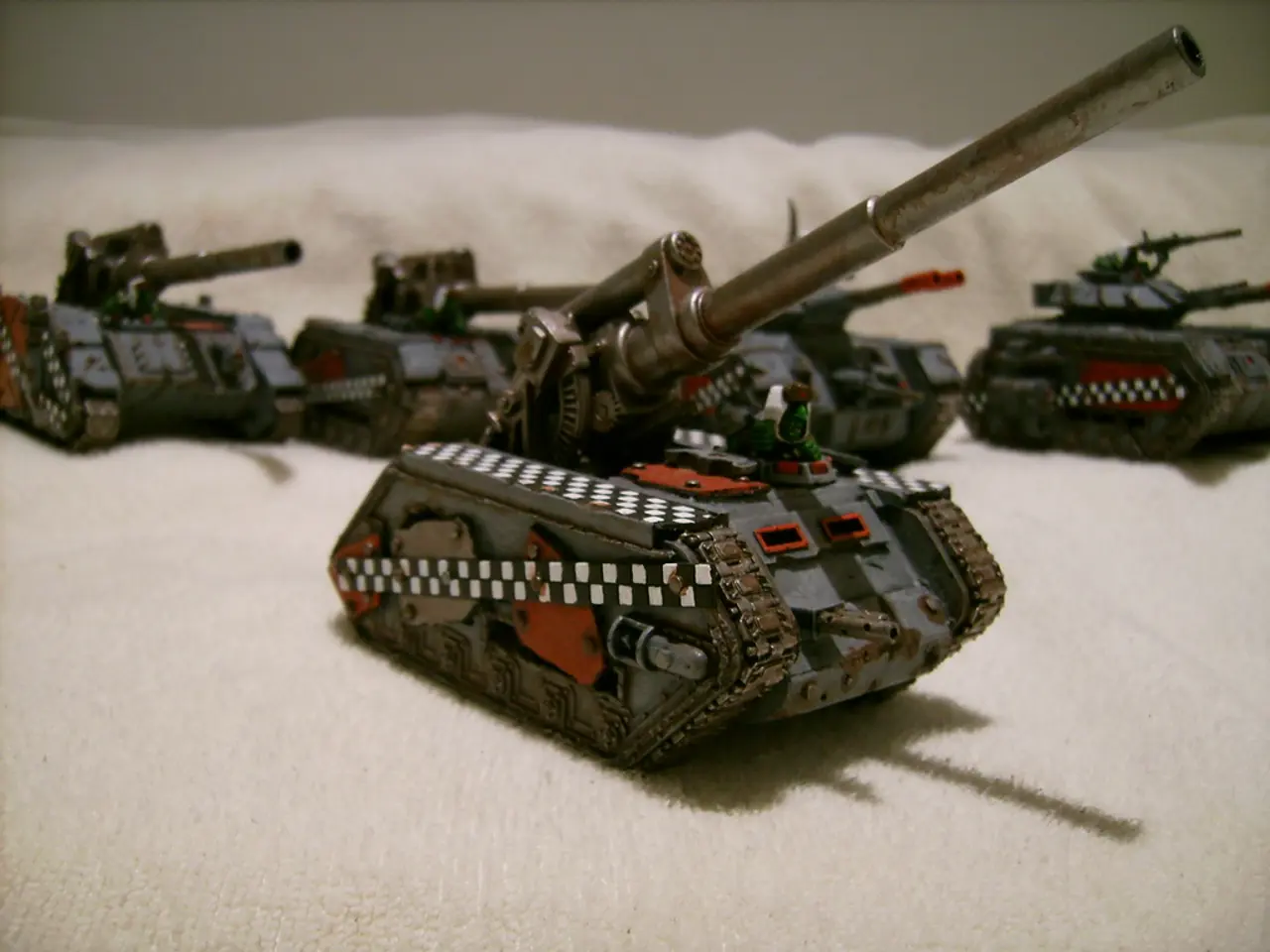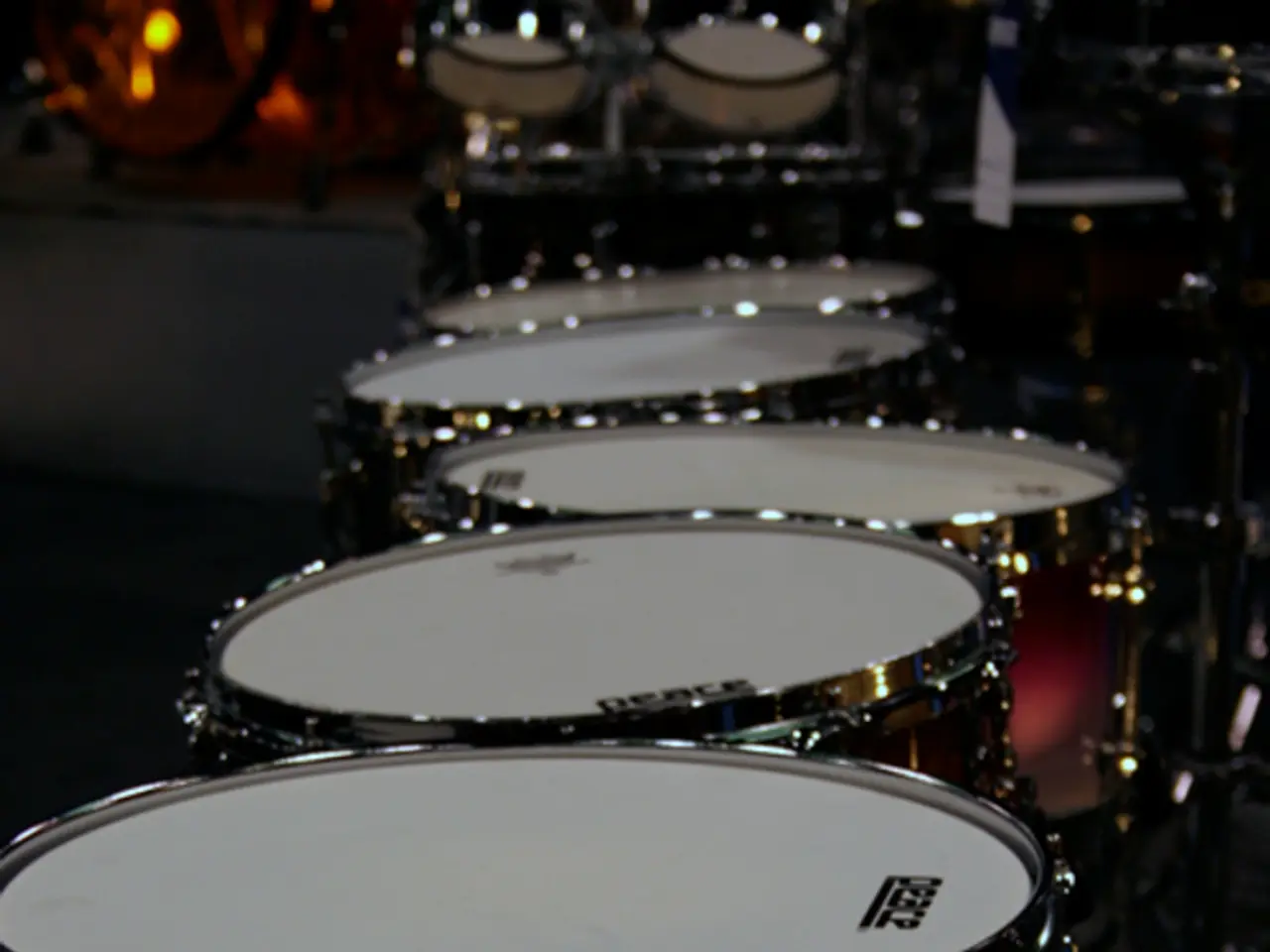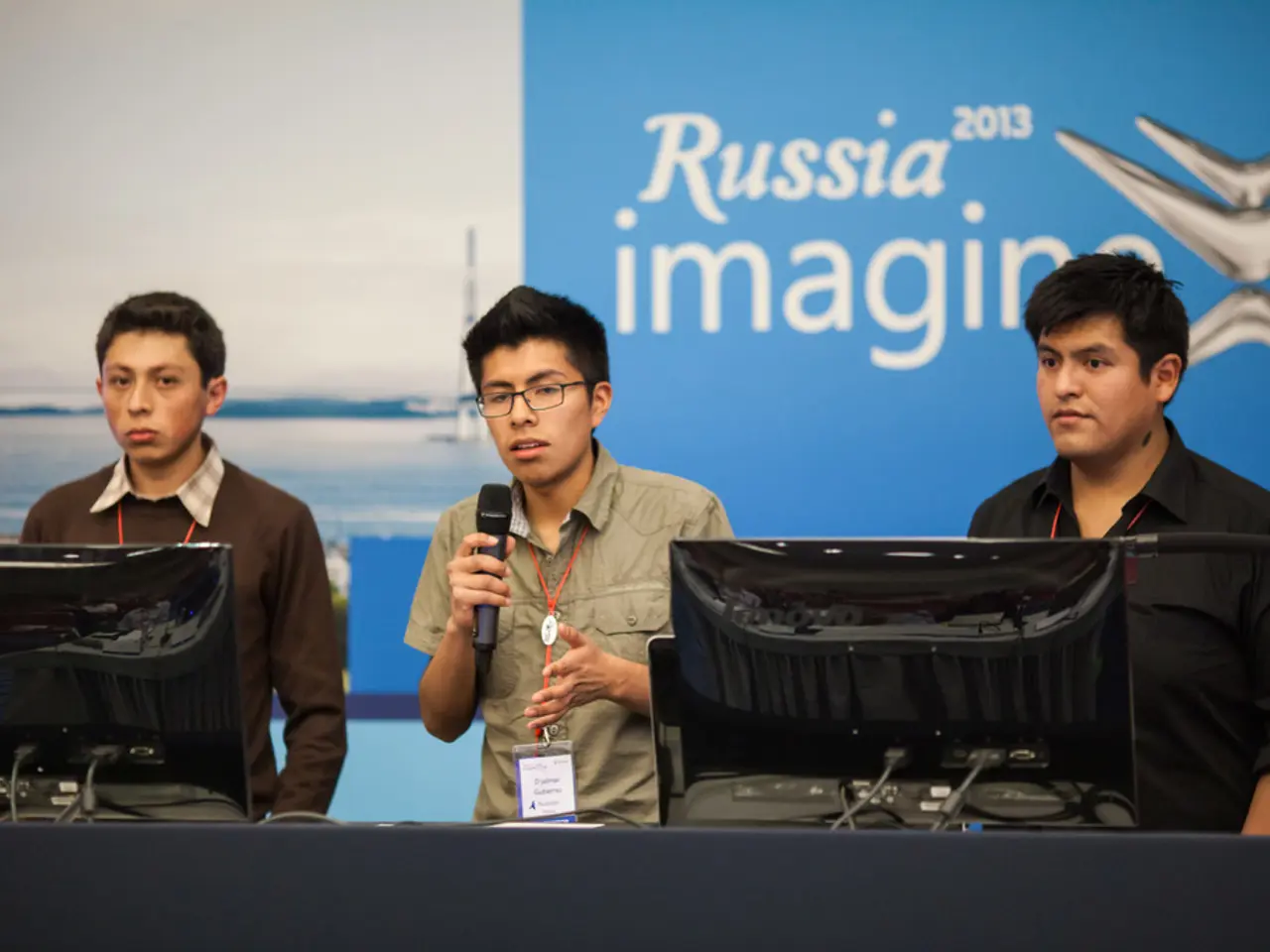Germans Merz and Pistorius seek leadership roles in NATO
In the wake of the Russian attack on Ukraine, Germany has taken a more assertive stance in strengthening NATO. Here's a rundown of Germany's role and plans in this regard:
### Germany's Role in NATO
Germany, a founding member of NATO, has reaffirmed its commitment to the alliance. Chancellor Friedrich Merz has emphasized Germany's leading role within NATO, promising to increase defense spending and modernise the Bundeswehr (German military) [1][2].
### Enhancing Defense Capabilities
Germany aims to increase its defense spending to 3.5% of its GDP by 2029, exceeding the previous 2% NATO target [1][2]. This increase is part of a broader effort to enhance European defense capabilities and rebalance the burden with the United States.
### Support for Ukraine
Germany has been a vocal supporter of Ukraine, particularly in terms of air defense systems. Chancellor Merz has vowed to make a substantial contribution to these efforts, condemning the latest attacks by Russia on civilian targets in Ukraine, which he described as terrorism [3].
### Germany's Plans for Strengthening NATO
1. **Ramping Up Arms Production**: To meet the enhanced defense spending commitments across NATO, there is an emphasis on increasing arms production. This will involve significant investments in new technologies and military equipment [3].
2. **Enhancing Collective Defense**: The increased spending is aimed at bolstering NATO's collective defense capabilities, particularly in response to security threats from Russia and other sources. This includes improving air defense systems, which are expected to increase five-fold with new funding [2].
3. **Political and Strategic Alignment**: Germany's efforts are part of a broader political and strategic alignment within NATO, aimed at demonstrating unity and resolve in the face of global security challenges. This includes a commitment to work towards a ceasefire in Ukraine and to counter Russian aggression [3][4].
### Future Plans
Chancellor Merz will discuss further air defense systems for Ukraine at a videoconference of the "Coalition of the Willing" on Thursday. He also plans to acquire new equipment for the Bundeswehr, focusing on new technologies [5]. The German government's ultimate goal is to make the Bundeswehr the strongest conventional army in the European Union.
These plans reflect Germany's commitment to a stronger, more cohesive NATO alliance, as demonstrated by the recent NATO summit in The Hague, where the alliance set itself the goal of spending at least five percent of its GDP on defense in the future [6]. The United States, under President Trump, is also considering sending an additional air defense system to Ukraine, potentially a Patriot system, marking a significant escalation in military aid [7].
References: [1] https://www.tagesschau.de/ausland/nato-101-101.html [2] https://www.spiegel.de/politik/deutschland/bundeswehr-muss-mehr-ausgaben-fuer-luftverteidigung-erhalten-a-7a9d13d5-3455-4666-a4f5-86f665ec9175 [3] https://www.spiegel.de/politik/deutschland/merz-will-bundeswehr-zu-showcase-army-in-nato-a-80946911.html [4] https://www.reuters.com/world/europe/merz-says-germany-wants-be-leading-nato-member-2021-10-27/ [5] https://www.tagesschau.de/inland/merz-ukraine-101.html [6] https://www.reuters.com/world/europe/nato-leaders-agree-defense-spending-increases-hague-summit-2021-06-15/ [7] https://www.reuters.com/world/us/exclusive-us-considering-sending-additional-air-defense-system-to-ukraine-sources-2021-12-10/
- Germany, having emphasized its leading role within NATO, is planning to increase defense spending and modernize the Bundeswehr, potentially making it the strongest conventional army in the European Union, as part of its strategy to bolster NATO's collective defense capabilities.
- In the context of strengthening NATO, Germany has reaffirmed its commitment to the alliance, promising to ramp up arms production, enhance air defense systems, and align politically and strategically with other members, particularly in response to security threats from Russia.







